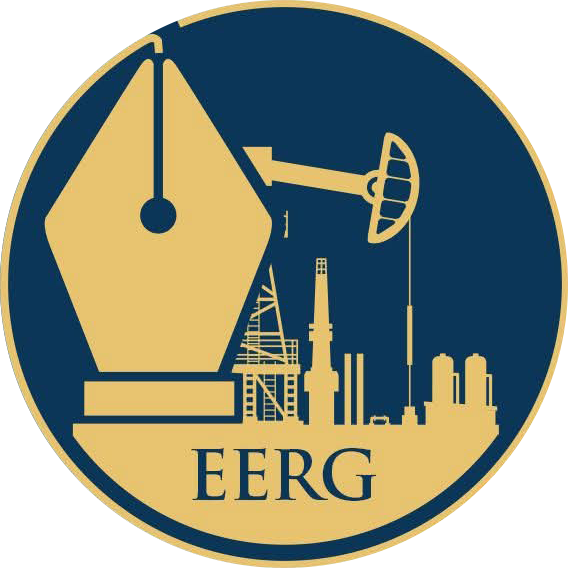Africa’s largest refinery, the Dangote Petroleum Refinery, is set for a major expansion as the Dangote Group announces plans to more than double its capacity—from 650,000 barrels per day (bpd) to 1.4 million bpd.
This bold move will position the refinery as the largest single-train refining facility in the world, surpassing India’s Jamnagar refinery, which currently stands at 1.36 million bpd.
According to the company, the expansion will take advantage of the refinery’s original design, which included space for a second processing line. This foresight will allow the new unit to be seamlessly integrated with existing infrastructure, boosting efficiency and output.
Speaking on the development, officials from Dangote Industries explained that the refinery’s expansion aligns with the company’s long-term goal of ensuring Africa’s energy independence while driving down fuel imports and strengthening regional trade.
“This next phase of our project represents our commitment to energy security not just for Nigeria but for the African continent,” a company executive said. “We are building infrastructure that will create jobs, reduce import dependency, and add real value to Africa’s natural resources.”
Beyond crude oil refining, the expansion plan includes new petrochemical ventures such as the production of base oils and linear alkylbenzene (LAB), key inputs in lubricants and detergents. Dangote also intends to increase polypropylene production from 1 million to 1.5 million metric tonnes annually, deepening Nigeria’s industrial capacity.
The group is also exploring strategic partnerships and equity participation, with plans to offer between 5% and 10% of shares in the refinery business to institutional and private investors.
Once fully operational, the expanded refinery is expected to make Nigeria a net exporter of refined petroleum products, enhance the country’s foreign exchange earnings, and strengthen its industrial base.
Industry analysts say the project could redefine Africa’s refining landscape, positioning the continent as a serious player in global energy supply chains.

